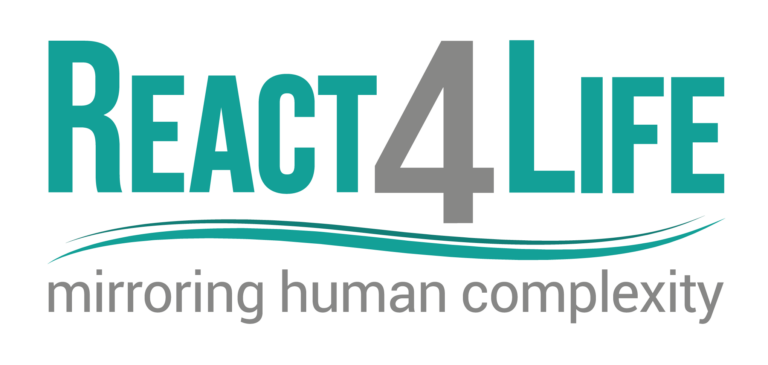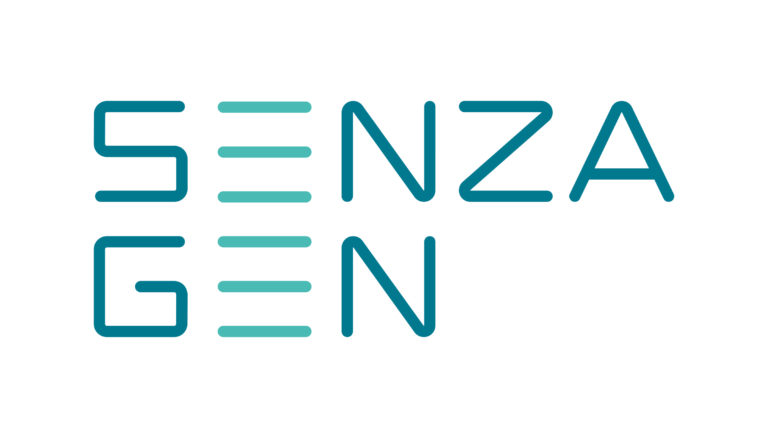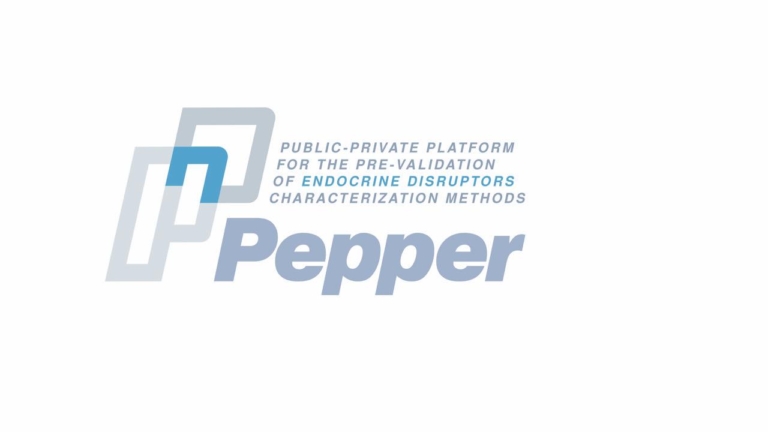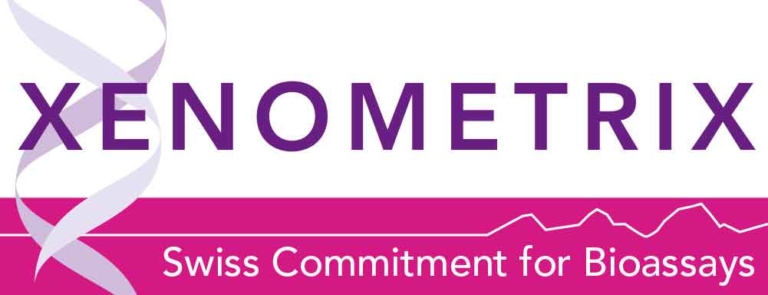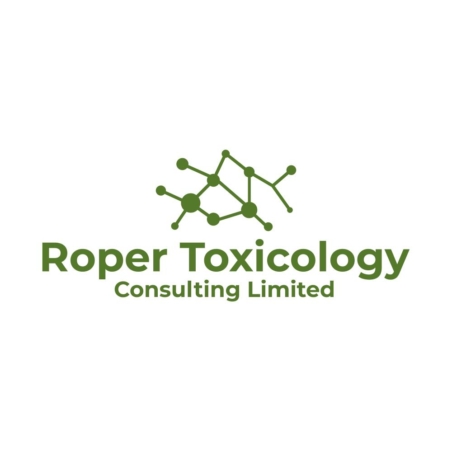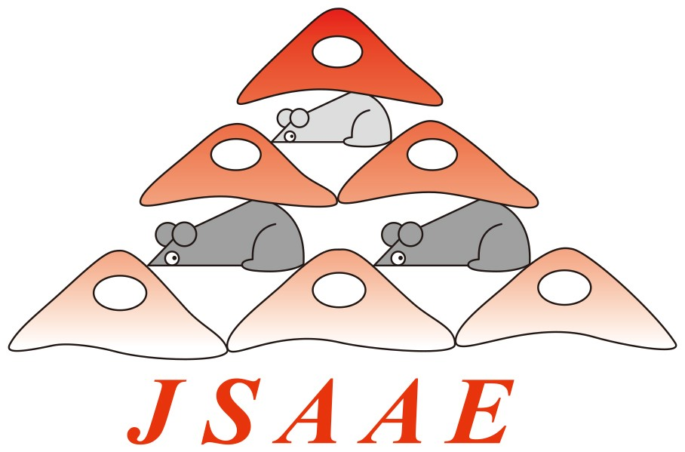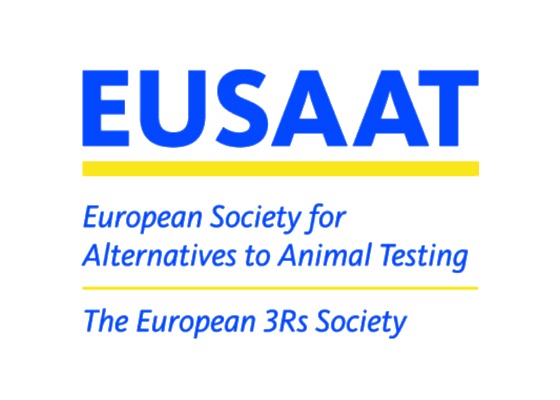Future Events
full calendarEURL ECVAM
LIVe2024 – Lung in Vitro Event – Deadline for registration is approaching!
LIVe2024 intends to be a unique exchange platform for scientists interested in in vitro respiratory researches, stakeholders from academia, pharma, biotech, chemical, tobacco, consumer goods, medical devices industries, CROs and regulatory agencies.
Our vice president, Dr.Clive Roper, interviewed by Pro Anima
Comité Scientifique Pro Anima interviewed our vice-president Dr.Clive Roper. You can read this in French and English.
ELIXIR Toxicology Community Workshop FAIRification of Toxicological Research Output: Leveraging ELIXIR Resources
The ELIXIR toxicology community is organizing a workshop on the FAIRification of toxicological research output…
NAMs and Next Generation Risk Assessment for Food Safety
International Akademie Fresenius NAMs ONLINE Conference on “NAMs and Next Generation Risk Assessment for Food Safety” will be held on 7 March 2024. …
ASCCT-ESTIV Award Winners Series: Hung-Lin Kan and Ricardo Scheufen Tieghi – 20 February 2025
Registration is open for the next joint ASCCT-ESTIV webinar titled From physiological maps to ontology maps using a systems biology approach
ESTIV May 2024 Webinar: From physiological maps to ontology maps using a systems biology approach
Registration is open for the next joint ASCCT-ESTIV webinar titled From physiological maps to ontology maps using a systems biology approach
Call for late-breaking abstracts – the deadline is February 29, 2024!
Do not miss your chance to present your valuable science at the ESTIV 2024 congress in the beautiful city of Prague!
ELIXIR Toxicology community: invitation to join implementation study (INTOXICOM) activities
On behalf of the ELIXIR Toxicology Community we would like to bring the upcoming webinar on Thu 2 May 2024, 15:00 CEST on FAIRification of toxicological data, to your attention…
 The ESTIV Members Area
The ESTIV Members Area